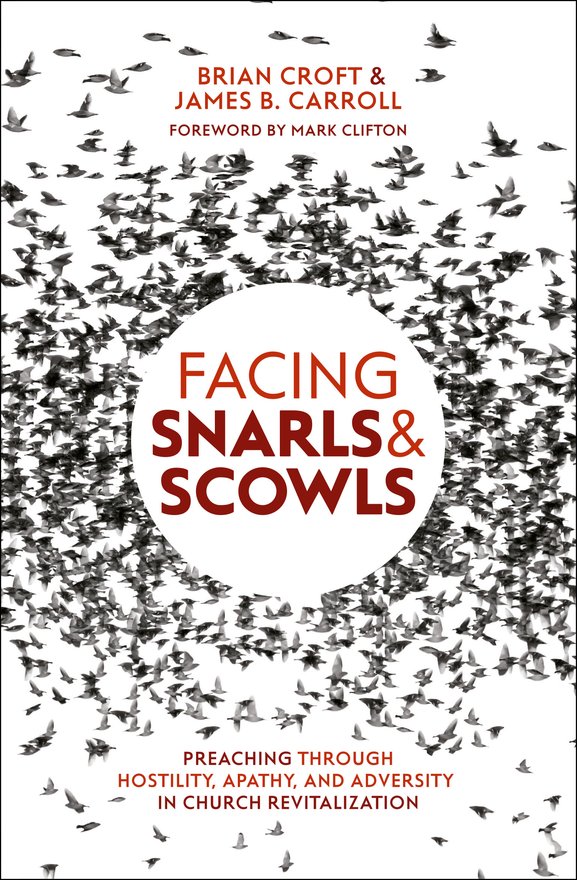
These are difficult days for those who pastor God’s people. In many parts of the world, especially in the West, culture and society have turned away from their Christian past. It’s almost as if Christianity is passé, or even repulsive. Churches are profoundly divided over how to cope with this disorientating situation, and there is much unseemly confrontation in public debates. It is then no wonder that many people who might have previously considered giving their lives to full–time ministry in the church are now uneasy and uncertain at the prospect. Why give your life to a dying institution?
And yet, it is at precisely such a time — when huge swathes of the population are ignorant of even the basics of the faith, and churchgoers are often left confused and bewildered by the deep public rifts in the church — that we need trustworthy spiritual guides.
What we need are pastors who appreciate the seriousness of this task, yet have confidence in God to strengthen them for it.
Being a pastor today can be tough. John Calvin remarked that gospel ministry “is a laborious and difficult charge; and that they who aim at it should carefully consider with themselves, whether or not they were able to bear so heavy a burden.” This is not something to rush into. Men and women without ability or wisdom often presumptuously aspire to hold the reins of secular government, but Calvin says, but we ought to restrain such rashness in the church. What we need are pastors who appreciate the seriousness of this task, yet have confidence in God to strengthen them for it.
Paul wrote 2 Timothy and Titus for this very reason. These are letters from an apostle, a missionary, a church planter, and a pastor of great experience to his trusted younger colleagues. He urges Timothy to “flee the evil desires of youth” (2 Timothy 2:22) … though youth in those days could mean anyone under about 40!
Like many today, Timothy and Titus were facing huge challenges in serving the gospel: trying to keep their churches safe from charlatans and false teaching while doing the work of an evangelist in places famously full of idolatry, immorality, and entrenched opposition. Paul’s letters gave them the guidance they needed to keep them on track at such a time.
Erasmus once said (paraphrasing 2 Timothy), “there are perilous times at hand because of some who, under pretence of godliness, turn true godliness upside down.” Is it not true that we remain in such perilous and precarious times for the gospel? No wonder many are often wary of entering full–time ministry today, and worried about continuing in it.
I am convinced that these God–breathed words contain vital instruction for us today, especially for those who are considering or just commencing the demanding work of gospel service. I have preached on them many times in different places around the world, and always found them to be richly rewarding and edifying for my own soul as well as those I was preaching to. For nearly a decade, I’ve spoken on them at the Junior Anglican Evangelical Conference (JAEC) for men and women who were either considering ministry, training for it, or in the early stages of full–time service in the church. I have also edited the Reformation Commentary on Scripture volume on the pastoral epistles, which involved a delightful deep dive into the historical interpretation of these Pauline letters.
It is my prayer that it may enlighten, enliven, and inspire a new generation to “preach the word… in season and out of season” (2 Tim. 4:2) and pass on the gospel “to reliable people who will also be qualified to teach others” (2 Tim. 2:2).
But my book, Fulfil Your Ministry: 2 Timothy and Titus and the Challenges of Serving the Gospel is not a commentary. It’s an attempt to unpack and apply the urgent message of those New Testament letters to the situation we find ourselves in today. It’s a call to keep calm and carry on with the gospel work, and not lose heart when that leads to stress or suffering.
It is my prayer that it may enlighten, enliven, and inspire a new generation to “preach the word… in season and out of season” (2 Tim. 4:2) and pass on the gospel “to reliable people who will also be qualified to teach others” (2 Tim. 2:2). What we need today are ministers who will “fulfil their ministry” (2 Tim. 4:5), —discharging all its many difficult duties — for the glory of God and the good of the world. I hope that if you’re one of them already, or if you’re pondering whether to commit to such a life, it will be a blessing and an encouragement to you.




